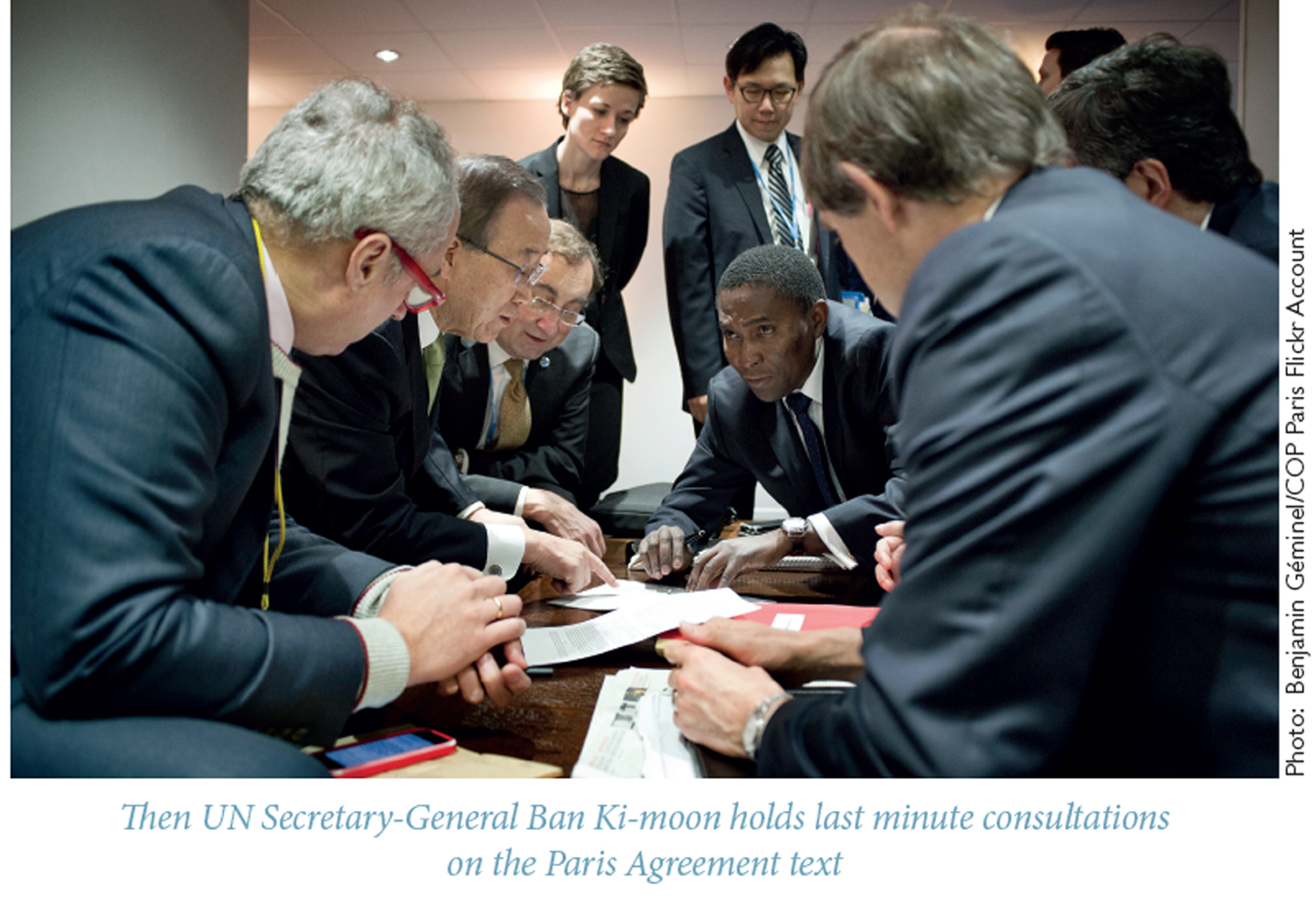 Seán Cleary is Executive Vice Chair of the Foundation Board at the FutureWorld Foundation. An earlier version of this essay was presented as a Vision Brief to the G20 Summit in Hamburg, and published in Economics (July 2017), an open access, open assessment e-journal.
Seán Cleary is Executive Vice Chair of the Foundation Board at the FutureWorld Foundation. An earlier version of this essay was presented as a Vision Brief to the G20 Summit in Hamburg, and published in Economics (July 2017), an open access, open assessment e-journal.
In order to address systemic global risks and protect the shared services of the global commons, we need to address many challenges collectively. But trust in governments, business, and other institutions has been undermined (and many people have been left feeling angry and abandoned), because of the tension between (a) citizens’ reasonable expectation that national leaders will protect and advance their interests; (b) the impact of global financial integration, long-supply chains, and rapid technological change on working people in most counties; and (c) the compromises needed to balance costs and benefits in international and cross-generational transactions.
Recent events—from the global financial crisis and recession, via military clashes leading to forced migration and domestic instability, to extreme weather events reflecting the risk of crossing planetary boundaries—show how inadequate our present instruments are for squaring these circles.
The workings of the complex, adaptive earth system in which humanity—now over 7.7 billion strong—is embedded, and the global economic and social systems that we have created, are far too complex to be managed comprehensively. Human society is a complex system that’s incapable of collective control, as has been discovered by both absolute monarchs, and practitioners of scientific socialism. Homo sapiens is, moreover, a part of the biogeosphere, a more complex, adaptive system incorporating climate, the oceans, and the biodiversity of our terrestrial and marine environments.
To enable human security and well-being, we need to temper the effects of human activity on the biogeosphere, to avert the risk of disastrous, unintended consequences. The impacts of change in the biogeosphere on human societies—from floods and droughts, to earthquakes and volcanoes—have been a source of concern for millennia.
Today, aggregate human behavior is destabilizing the earth system, possibly pushing us past key tipping points, as made clear by recent reports of the International Panel on Climate Change on Global Warming of 1.5 0 C, the Our Oceans Conference on conditions in the seas, and the World Wildlife Fund on species extinction. Limiting this damage and the risks it poses to humanity is imperative, but divergent views within and between national polities frustrate collective action. We need a common understanding of the challenges we face, and a means of addressing them.








